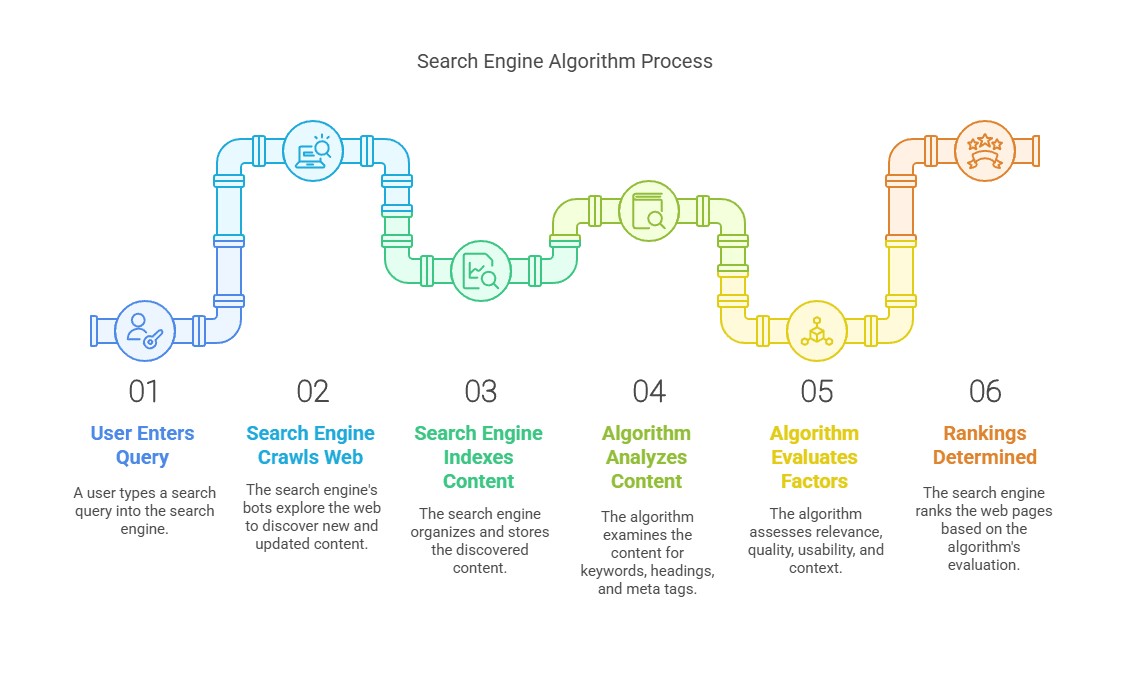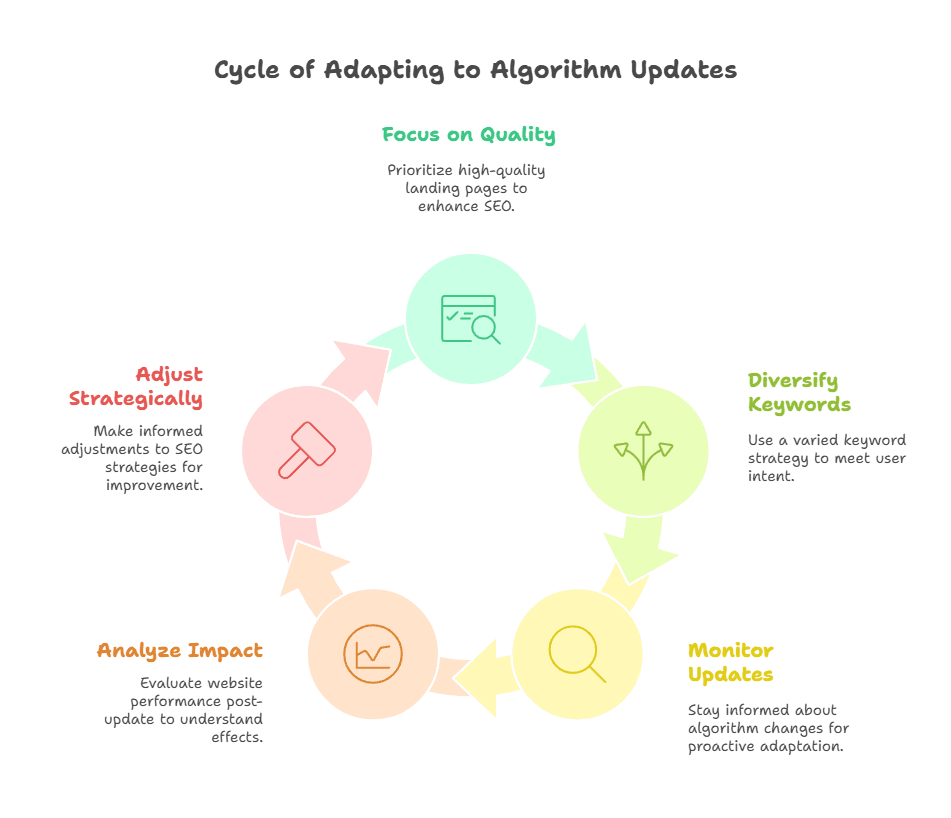Search engine algorithms change almost constantly. But your digital marketing plans don't have to.
The Google Search Status Dashboard, a tool used to monitor Google updates and adapt SEO strategies, recently reported an "ongoing issue" with rankings that lasted roughly five days. This event overlapped with the August 2024 Core Update, causing significant fluctuations in search results. MozCast, a website that tracks Google algorithm changes, recorded a temperature of 149.1° during this period, the highest ranking flux ever measured. According to Moz, Google reported an astonishing 4,725 algorithm "launches" in 2022, up dramatically from 350 — 400 in 2009. If you pay close attention to Google's ever-evolving algorithm, it might feel like you wake up to a new change every day. In reality, Google makes an average of 13 changes to its algorithm daily. Google's constant tinkering with the search results means SEOs have no choice but to stay at the edge of the latest SEO trends. The frequency of these updates has increased in recent years, making it even more challenging for websites to maintain their search rankings. Moreover, the increasing influence of machine learning on search rankings signals a shift towards AI-driven search, with significant implications for SEO strategies.
What is a search engine algorithm?
Search engine algorithms are the rules and calculations used by search engines like Google to determine the order of websites displayed in search results. These algorithms consider various factors, such as a webpage's relevance to the search query, the quality of the content, the website's authority, and the user's search history and location. Google reportedly changes its algorithm hundreds of times yearly, but only significant updates significantly affect search engine marketing (SEM) campaigns.






